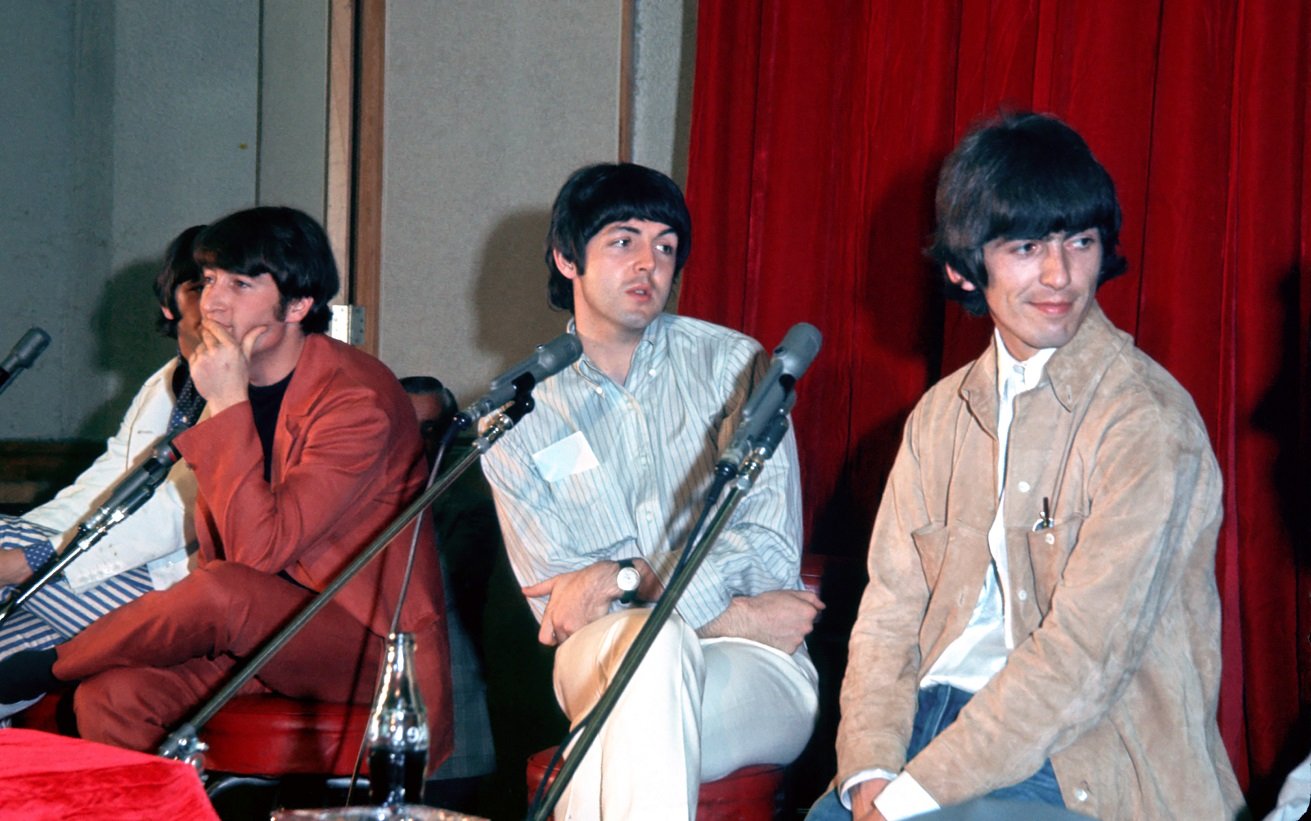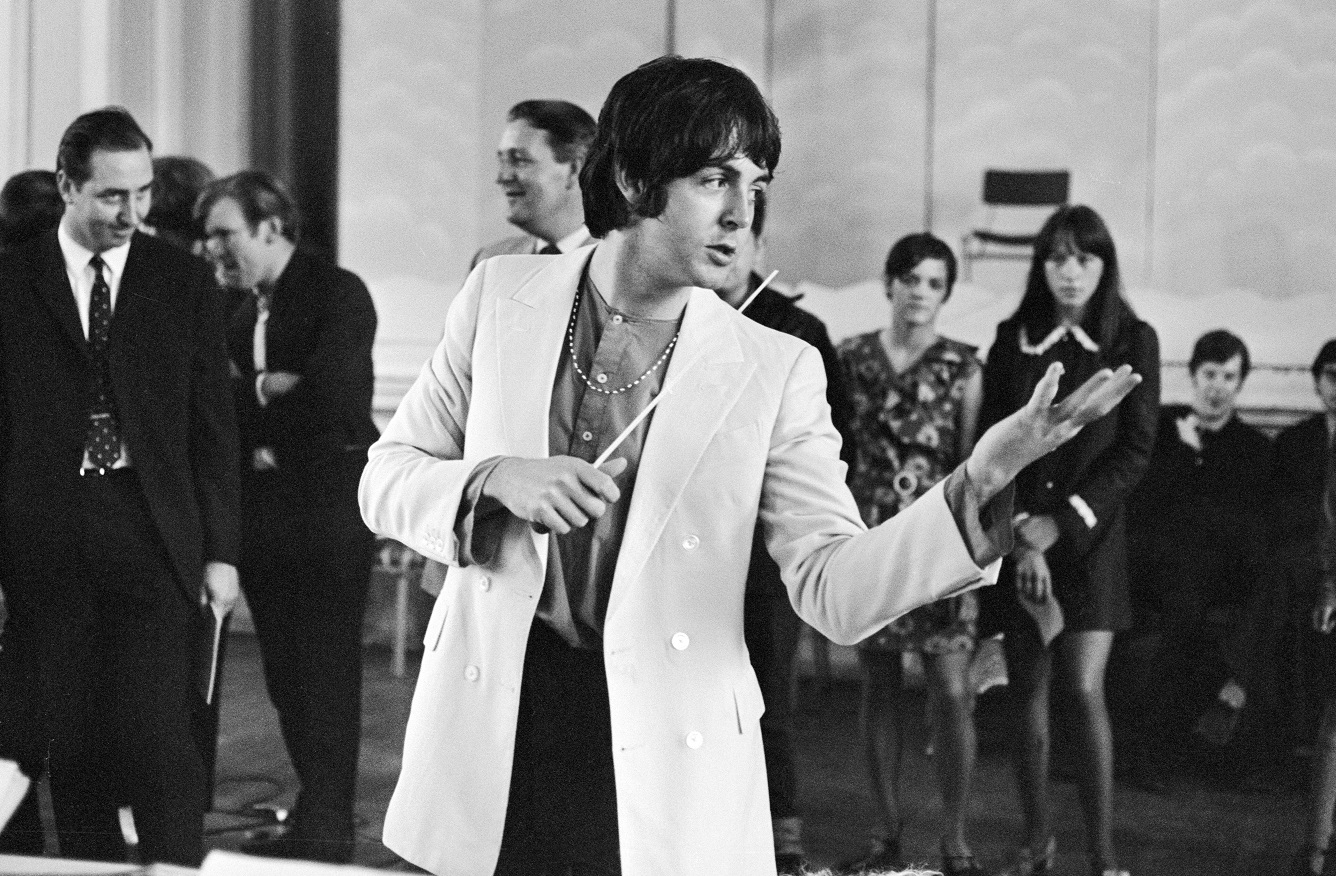Why Paul McCartney Initially Balked at Having Strings on The Beatles’ ‘Eleanor Rigby’
While many rank “Yesterday” among the greatest songs ever written, Paul McCartney didn’t want to release it as a Beatles single in 1965. Paul pointed to the arrangement, which featured a string quartet and no one from The Beatles other than him.
“We were a little embarrassed about it,” Paul later said in an interview from Beatles Anthology. “We were a rock ‘n’ roll band.” While The Who’s Pete Townshend might disagree with that take, Paul got his wish about “Yesterday” remaining a non-single (at least on the U.K. market).
The following year, Paul wrote another outstanding composition that ended up with a string accompaniment: “Eleanor Rigby.” But this time around producer George Martin suggested taking all the guitars out completely.
Instead of using any Beatles on instruments, Martin suggested two string quartets as the ideal “Eleanor Rigby” arrangement. At first, Paul didn’t want to hear it. He thought the song needed more of an edge.
Paul McCartney worried strings would make ‘Eleanor Rigby’ sound like Henry Mancini

If Paul wanted to emphasize the edgier side of the Fab Four, he wouldn’t get there with a sappy string arrangement. And that’s exactly what he feared Martin might come up with for “Eleanor Rigby.” In his book, Here, There and Everywhere, Beatles engineer Geoff Emerick recalled Paul’s reaction to the idea.
“Paul wasn’t immediately enamored of the concept,” Emerick wrote. “He was afraid of it sounding too cloying — too “Mancini” — but George [Martin] eventually talked him into it.” Paul was referring to Henry Mancini, the Oscar-winning composer of “Moon River” (from the Breakfast at Tiffany’s film) and “The Pink Panther Theme,” among many others.
But Paul agreed on the condition the strings get a “biting” sound on record. That result depended on a few things. Obviously, Martin would need to write a score that went light on the Mancini and heavy on the Bernard Herrmann.
Likewise, Emerick would need a way to record the instruments so as to emphasize the edginess of the music. So he got to work, and quickly encountered resistance from the musicians hired for the recording.
Geoff Emerick settled on an ‘extreme’ approach with mics 1 inch from the instruments

Over the years, The Beatles and staff from the record label butted heads on occasion with session musicians. You could say that happened while recording “For No One.” During those sessions, esteemed horn player Alan Civil reportedly took offense to a critique by Paul.
While recording the strings for “Eleanor Rigby,” Emerick faced considerable pushback from the string players. As he kept bringing microphones closer to the strings, one even told him he couldn’t record the instrument that way. But Emerick was recording a Beatles session, so he kept going.
Eventually, Emerick bought the mics to within one inch of the instruments. And they got the sound they wanted. Those cutting strings helped push “Eleanor Rigby” to the top of the charts on both sides of the Atlantic. And the track stands as a landmark composition for The Beatles and Paul.


